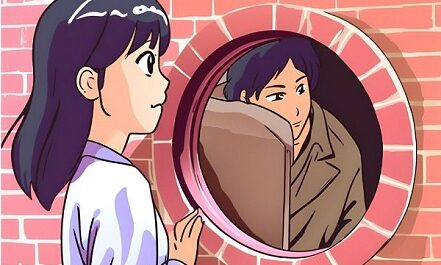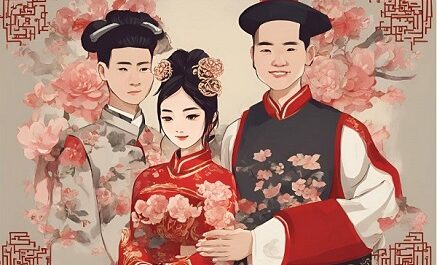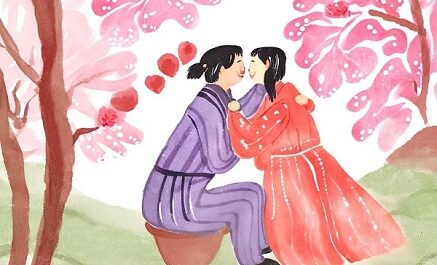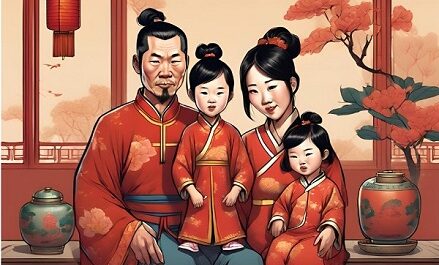Learn Chinese Idiom with Pinyin and English
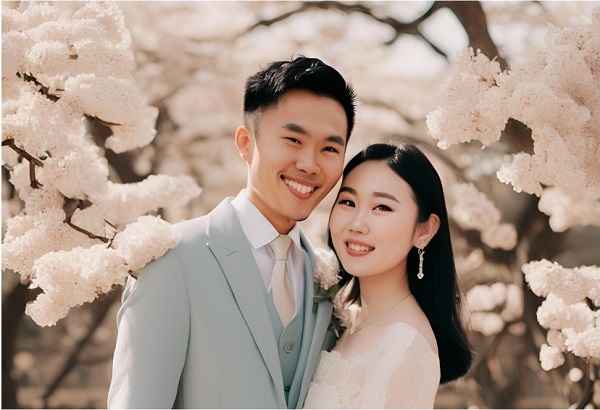
- Idiom in Chinese– 烈女不更二夫。
- Pinyin of Idiom– liè nǚ bù gēng èr fū.
- Idiom’s Meaning in English– A chaste woman, according to the idiom “liè nǚ bù gēng èr fū”, adheres firmly to the moral principle of not remarrying after her husband’s death. This reflects the traditional Chinese view of women’s loyalty and chastity, emphasizing the importance of fidelity and devotion to one’s husband.
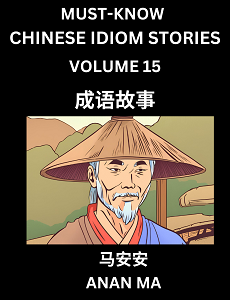
Chinese Idiom Stories Books (HSK All Levels):
- Books to Learn Chinese Idiom Stories (Part 1)
- Books to Learn Chinese Idiom Stories (Part 2)
- Books to Learn Chinese Idiom Stories (Part 3)
Learn Chinese Idiom Story in English (成语故事的英文)
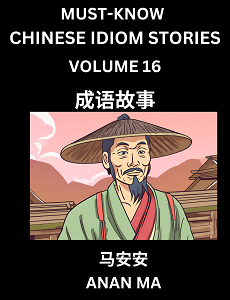
In ancient times, there was a woman named Qiu Niang who was married to a young scholar. Their bond was profound, but unfortunately, the scholar passed away due to illness. Deeply grieved, Qiu Niang adhered firmly to the moral principle of “liè nǚ bù gēng èr fū” and refused to remarry. She raised her child alone, sustaining the family with her diligence and wisdom. Her story spread throughout the village, and people praised her for her loyalty and unwavering devotion.
Learn Idiom Story in Chinese (成语故事)
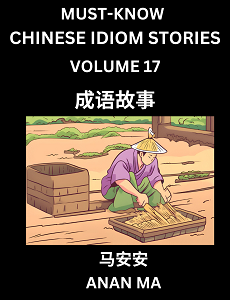
在古代,有一个女子名叫秋娘,她嫁给了当地的青年书生。两人感情深厚,但不幸的是,书生因病早逝。秋娘悲痛欲绝,但她坚守着“烈女不更二夫”的信念,拒绝了再嫁。她独自抚养着孩子,用勤劳和智慧维持着家庭。秋娘的事迹传遍了乡里,人们都称赞她的忠贞不渝。
Learn Keywords with English, Simplified Chinese Characters, and Pinyin (关键词)
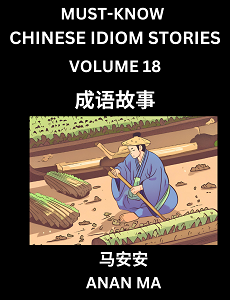
- 秋娘(Qiū Niáng): Qiu Niang
- 书生(shū shēng): scholar
- 悲痛欲绝(bēi tòng yù jué): deeply grieved
- 坚守(jiān jiǒng): adhere firmly
- 烈女不更二夫(liè nǚ bù gēng èr fū): a chaste woman does not remarry
- 再嫁(zài jià): remarry
- 忠贞不渝(zhōng zhēn bù yú): loyalty and devotion
Pinyin of Idiom Story (故事的拼音)
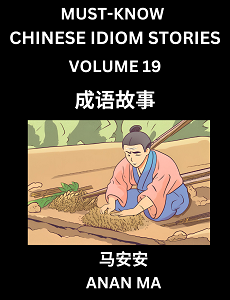
Zài gǔdài, yǒu yīgè nǚzǐ míng jiào qiū niáng, tā jià gěi liǎo dàng dì de qīngnián shūshēng. Liǎng rén gǎnqíng shēnhòu, dàn bùxìng de shì, shūshēng yīn bìng zǎo shì. Qiū niáng bēitòng yù jué, dàn tā jiānshǒuzhe “liènǚ bù gēng èr fū” de xìnniàn, jùjuéle zàijià. Tā dúzì fǔyǎngzhe háizi, yòng qínláo hé zhìhuì wéichízhe jiātíng. Qiū niáng de shìjì chuán biànle xiānglǐ, rénmen dōu chēngzàn tā de zhōngzhēn bù yú.

